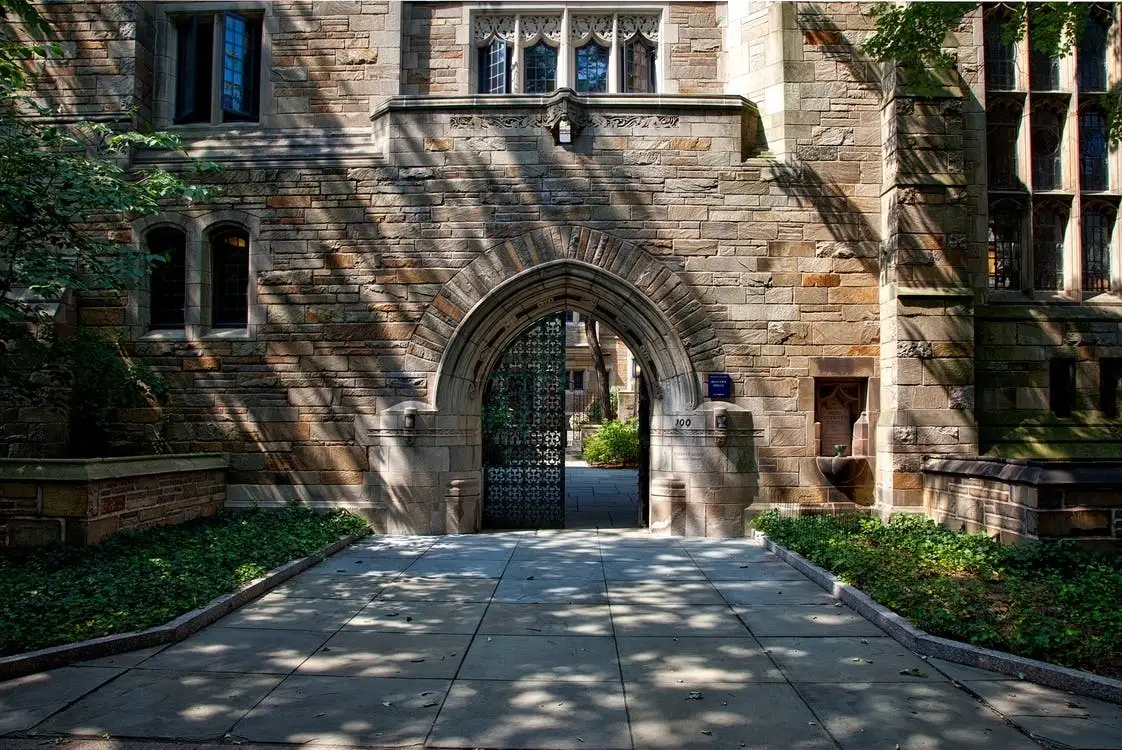Are You Financially Ready for the Cost of Graduate School?

Getting a graduate education opens up myriad personal and professional opportunities, but of course, that all comes with a price tag. While financial aid and scholarships can help offset some of the costs of graduate school, it can still put a lot of pressure on your finances.
Here are some important things to consider as you weigh your graduate school options (and consider the financial impact of your decision).
How much does grad school cost?
The average annual tuition for master’s programs at public colleges and universities in the U.S. is $48,690—at private schools, that number can reach $64,440. What’s more, this cost often doesn’t factor in other essentials for attending grad school, like housing, books and supplies, food, and administrative fees.
Graduate school will affect your income
Though it can be challenging, you may be able to work during school. Some graduate programs are built around a full-time work schedule—with classes offered on evenings and weekends, or in some cases, structured as weeklong, in-person residencies. This is especially true for certain types of master's degrees, like executive programs. There are also degree programs that are held either fully or partially online, which provide some scheduling flexibility, allowing you to work while also pursuing your studies.
However, depending on your situation, attending graduate school may mean reducing your work hours or even leaving your job entirely, both of which may require a major financial adjustment.
Graduate school financial aid opportunities
Many students rely on some form of financial aid to help with the cost of graduate school. As an aid recipient, you should know, however, that the amount of the award can vary from school to school. Your aid may also be assessed on an annual basis and fluctuate from year to year, so make sure you’re aware of all the details before accepting a financial aid offer.
You should also be sure to consider scholarships in your field, especially if you’re focusing on a high-need or growing area of focus.
If you have served as an Americorps volunteer or spent time in a similar service-oriented program, you may also be able to take the education award that is granted upon completion of a service year and apply it to your graduate studies.
If you’re currently working, find out if your organization offers employer tuition assistance. These programs are typically managed through Human Resources and can include an award amount ranging anywhere from $500 to $40,000 a year.
While some financial responsibilities can be put on hold during grad school, there are others that can’t—and you’ll have to work out a balance between your expected income, your anticipated financial aid, and the costs of covering existing debt and school simultaneously. In some cases, it may make sense for you to put off grad school temporarily and pursue your degree once you’ve attained a more stable financial situation.
Graduate school may get in the way of other financial plans
Even if you have a comfortable income and manageable levels of debt, you may have other financial goals or constraints. For example, you may be planning to have children, caring for a relative, or saving to buy a home.
If attending graduate school requires a move or regular commute, there may be additional costs there to take into account, as well. These factors are easy to overlook, as they don’t directly relate to the costs of graduate school itself, but they will certainly have an effect on whether you’re financially ready to pursue your degree.
***
Planning on returning to school? RSVP for the Idealist Grad School Fair in New York City!
I oversee the content and resources we share at Idealist to help organizations, prospective grad students, and job seekers make an impact in their personal and professional lives. In my spare time, I love to read, cook, and explore NYC's parks.






